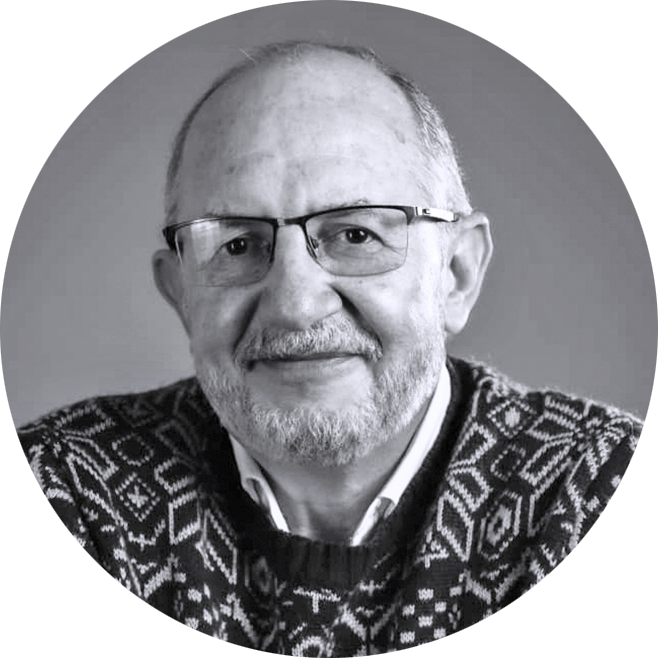
Alejandro Álvarez Gallego
Rector, Universidad Pedagógica Nacional
Column published – September 16, 2023

A New Educational System
In view of the discussion opened in the country after the filing of the Draft Statutory Law on September 11 of the current year, in the Congress of the Republic, we will make new contributions.
Although the bill has an emphasis on school education, it is clear that the right to education must cover different educational modalities, processes and where we are educated today as human beings. The concept of educational system refers to formal education institutions, but there are some articles that considers education goes further, occurs in other settings and, therefore, these institutions are covered by the principle of fundamental right.
This aspect must be improved because sometimes it is forgotten. Today, education is a process that involves institutions in charge of formal education, but it has been overwhelmed by the contemporary society dynamics, an educating society requiring people to be learning throughout their lives.
Guaranteeing education throughout life should not only be aimed at being competitive or succeeding in the world of work, no, it must go much further, it must allow people to be trained in a comprehensive way so that they can fully exercise their citizenship. in all aspects of social and work life. Education for work and human development, virtual education in its short course modalities, and other modalities of community education, education in health, trades, arts, sports and new technologies, all of them are part of the educational process. of people throughout life.
The above leads us to consider that the Statutory Law must provide for how to guarantee a right that has become more complex and has gone beyond the school form.
In the Project from the Congress, some sections that go in this direction can be seen:
Art. 2. Education as a human right is guaranteed throughout life
Art. 3 It will be applied at all levels and modalities of education.
Art. 4. The educational system will be articulated with other systems according to the needs in order to guarantee the fundamental right of education.
Art. 12. The State (…) will develop diverse and inclusive strategies so that all people have equal learning opportunities throughout life (…)
Art. 16. The State will consolidate an articulation system between high school and post high-school education that promotes progressive access of students to the latter, which includes education for work and human development, training for work and higher education.
Articles 19 to 32 refer to other type of education that must address populations and aspects part of the essential formation of the person, in and beyond formal education institutions.
The project, then, suggests that there is an understanding of the right to education beyond formal education.
If this is so, the laws that regulate it must create a new institutional framework.
The statement of the private universities, Los Andes, La Sabana, EAFIT and the Pontificia Universidad Javeriana, speaks of naming higher education as post-media education, and refers to the possibility of including in the educational system all those “non-formal” education processes. ”, which range from micro-certifications to on-the-job training processes in their different modalities. They are right, that is how it should be, as long as higher education is not included in that figure.
We would agree: both postmedia, with its contemporary modalities, very close to the world of virtuality, and higher education, in its different modalities, must be included, protected and guaranteed by the fundamental Right to education. Those other educations that cover the adult and older adult population, including ethnic populations, that demand their own educations, such as education for work in its most advanced modalities, challenged by the third and fourth generation technological revolutions, all of them must be included in this Bill.
If so, we would be considering the need to create a new institutional framework, a new educational system that goes beyond the classic vision of what it means to train ourselves as citizens.
The task of the Congress of the Republic is to improve this bill, through public hearings that consult experts, unions, social organizations and especially pedagogues and teachers, academia, cooperatives, companies and institutions from the field of culture, sports, science, art and technology; as well as the ancestral peoples, so this text can be enriched by a methodical and organized exercise with themes and actors, according to the thematic fields addressed in the Law.
In any case, this is a great step taken by the Government, and we hope a Law emerging from this process, which lays the foundations for the creation of a new open but interconnected educational system that will allow entry, exit and return to the world of work, politics, social and community life, science and technology, art and creation, sports and physical activity in order to guarantee access to other rights that dignify human life and end with the social inequalities that the old educational system has created.